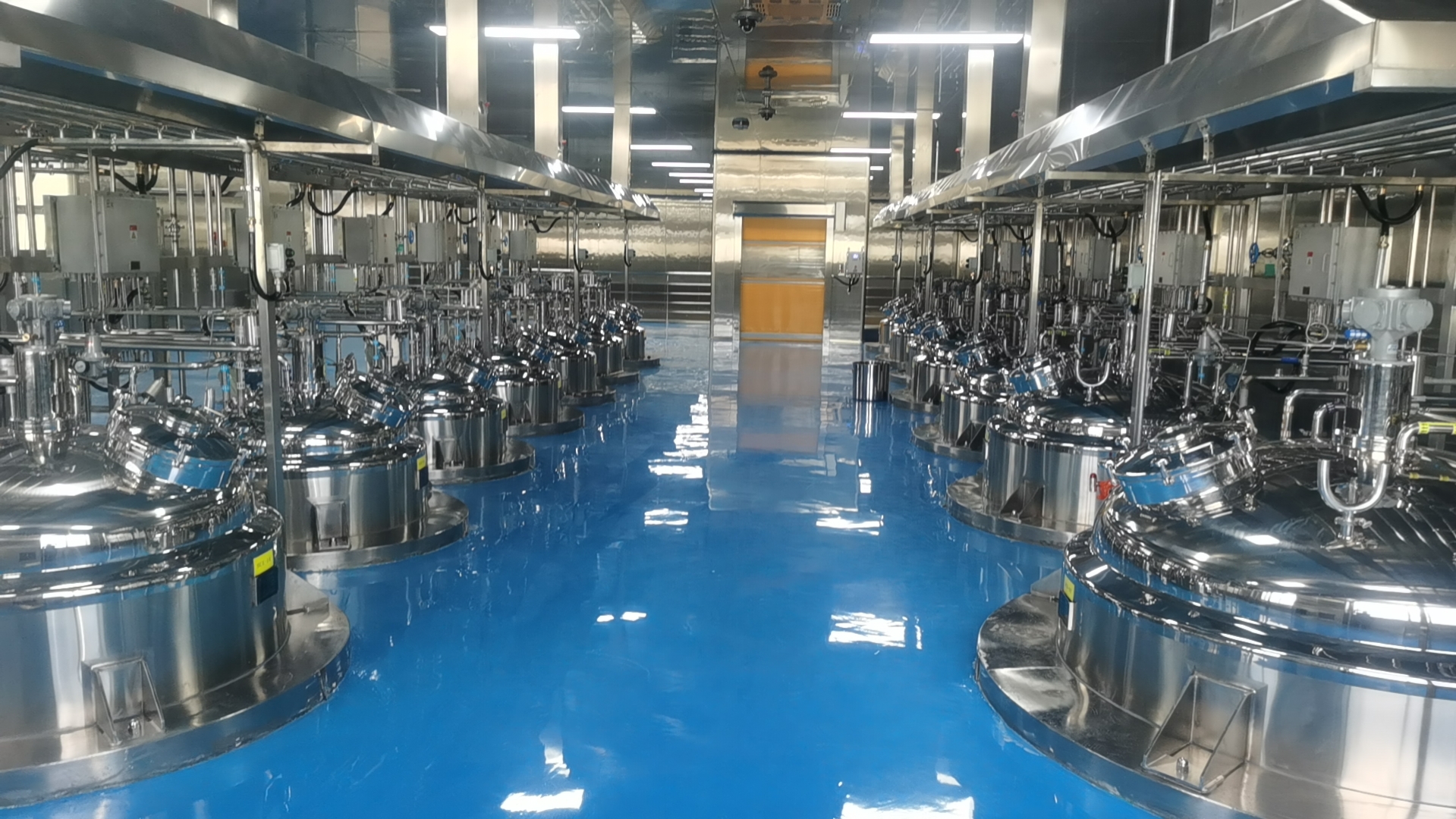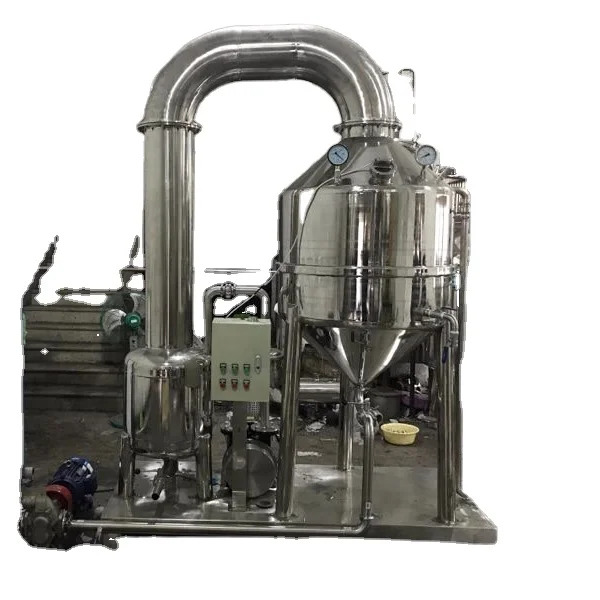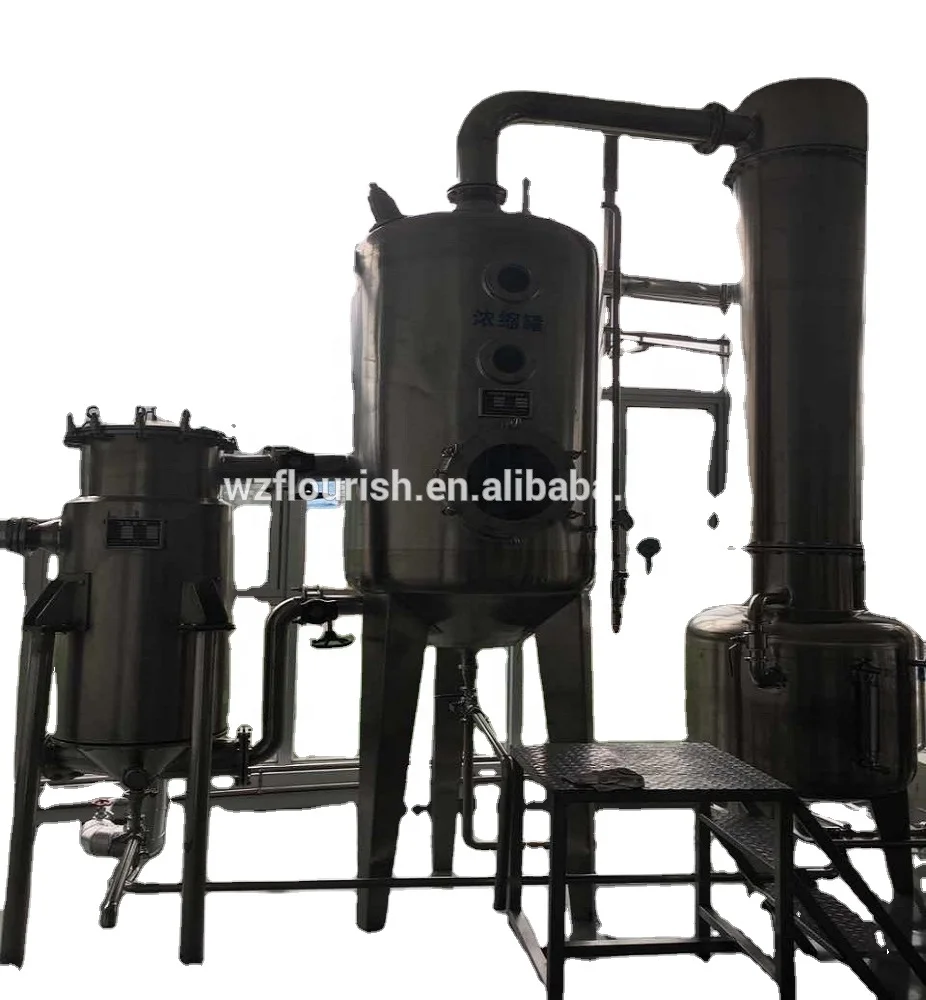
ABOUT
Wenzhou Vince Machinery Science Co., Ltd. was established in early 1980s. Our company covers an area of 6500 square meters and is an independent legal representative firm, possessing rich economic technology strength. Our company is a high tech enterprise and plays an important role in national dairy, foodstuff, pharmacy and machinery industries. We are a beverage machinery supplier.
Since the establishment, our company has mainly engaged in dairy products, foodstuff, beverage machinery, bean products, yellow wine, medicines and fermentation projects. What's more, our company supplies a complete sequence services in manufacturing, installation, test and personnel train, as well as the whole direction service design and consulting service on product project construction or enlargement artistic distribution engineering sets budget.
Exploring New Milk Production Methods
Cell-Based Dairy
One of the most promising advancements is cell-based milk production. This revolutionary technique involves cultivating mammary cells in a laboratory setting, allowing for the production of milk components without the need for cows. This process significantly reduces the environmental footprint associated with traditional dairy farming, including land use, feed production, and methane emissions. The potential for scalability is immense, offering a sustainable alternative to conventional methods.
However, challenges remain, such as optimizing cell growth and ensuring the nutritional equivalence of cell-based milk to cow's milk. Cost-effectiveness is also a significant factor that needs to be addressed before widespread adoption can be realized. Nevertheless, ongoing research and development are paving the way for a future where cell-based milk becomes a mainstream product.
Precision Farming Techniques
Precision farming leverages technology to optimize milk production efficiency and reduce environmental impact on existing farms. This involves using sensors, data analytics, and automation to monitor various aspects of the farm, from animal health and feed management to resource allocation. By precisely targeting interventions, farmers can improve milk yield, reduce waste, and minimize the use of fertilizers and pesticides.
Examples include using sensors to monitor individual cow health, leading to early detection of illnesses and preventing unnecessary antibiotic use. Automated milking systems reduce labor costs and improve hygiene. Precision feeding ensures cows receive the optimal nutritional balance, maximizing milk production while reducing feed waste. These advancements contribute to a more sustainable and efficient dairy industry.
Sustainable Feed Sources
The feed given to dairy cows significantly impacts the environmental sustainability of milk production. Traditional feed sources like soy and corn often require extensive land use and contribute to deforestation. Research is focusing on developing alternative feed sources that have a lower environmental footprint. These include exploring the use of algae, insect protein, and other sustainable feed alternatives.
By incorporating these novel feed sources into cow diets, farmers can reduce the reliance on land-intensive crops and lower greenhouse gas emissions. Further research is needed to fully assess the nutritional value and cost-effectiveness of these alternative feeds, but the potential for positive environmental impacts is substantial.
SUBSCRIBE
INQUIRY





